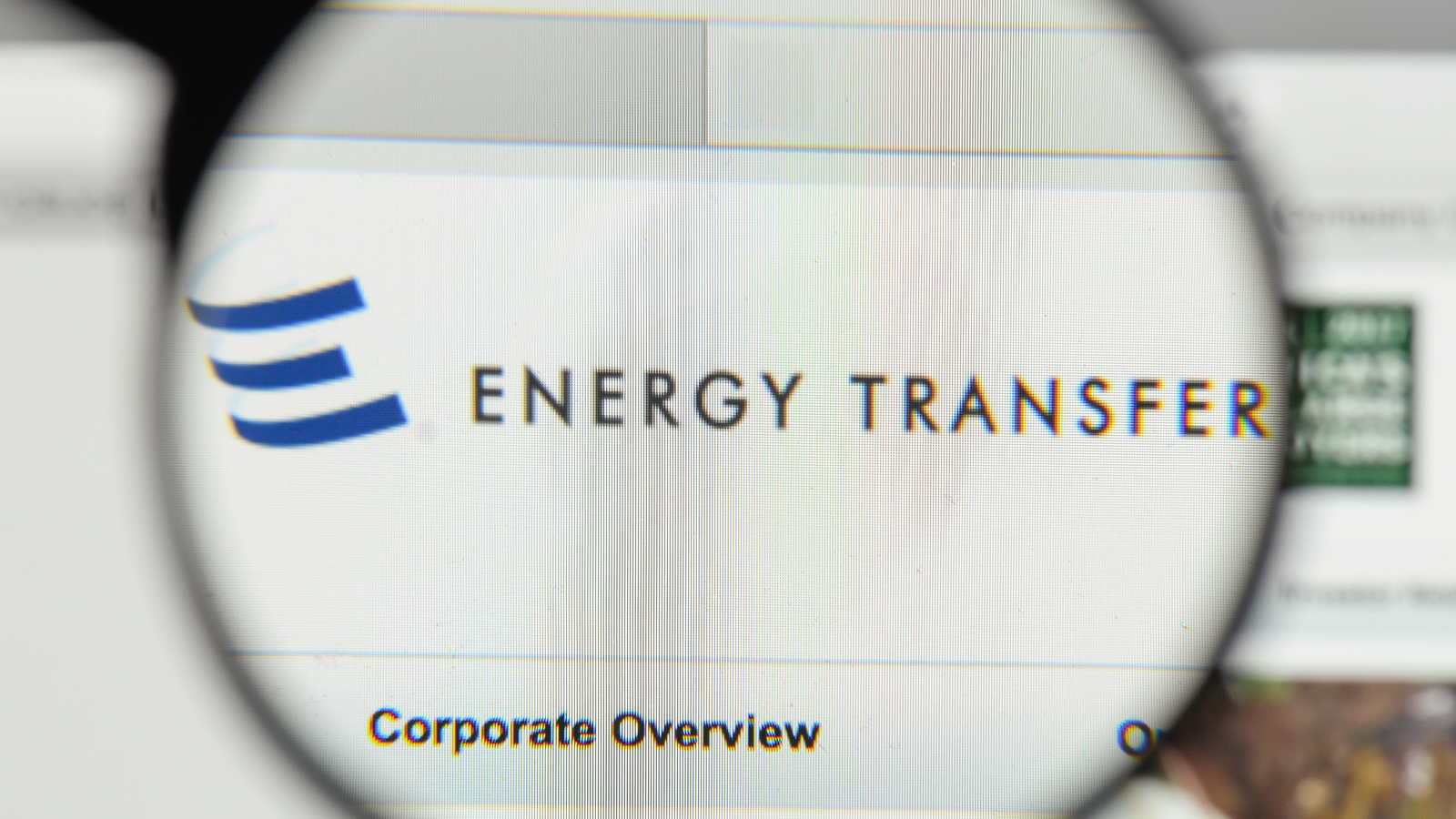In recent weeks, pipeline and midstream energy company Energy Transfer (NYSE:ET) has been on many investors’ radar. Although ET stock is still down about 28% year to date, the share price has more than doubled since hitting a 52-week low in mid-March.

The overall picture for commodity prices is yet from clear. Yet, there are encouraging signs that our economy may recover faster than initially feared.
Therefore, long-term as well as passive income seeking investors may consider buying the dips in ET stock, especially if the price falls $8 or less.
Energy Transfer Is an MLP
Energy Transfer is a master limited partnership (MLP), or a publicly traded partnership. Ownership interests in MLPs are referred to as units, as opposed to shares or stocks. And investors are referred to as unitholders instead of shareholders. Being a unitholder in an MLP may also have individual tax-reporting consequences, which you may want to check with a tax advisor.
ET owns and operates a large and diversified portfolio of energy assets in the U.S. Its core operations include natural gas midstream, transportation and storage of crude oil, natural gas liquids (NGL) and refined products transportation.
It also has interests in Sunoco (NYSE:SUN) and USA Compression Partners (NYSE: USAC). ET is one of the largest midstream companies in the world.
On May 11, Energy Transfer released quarterly earnings that failed to meet forecasts for both top-line revenues or bottom-line earnings. Management highlighted the adverse impact of decreases in commodity prices and market demand.
Analysts also paid attention to its distributable cash flow (DCF), a key measure that energy distribution companies use. DCF is EBITDA (earnings before interest, depreciation, and amortization) less maintenance interest and capital expenditure costs. It came at $1.42 billion, a decrease of $177 million year over year. ET stock traded down on the quarterly news update.
ET Stock’s High Cash Distributions
MLPs are required to pay out all earnings not needed for current operations and maintenance of capital assets to their unitholders in the form of a cash distribution, or dividend. Typically, MLPs make distributions on a quarterly basis.
For decades, energy companies have had a special allure, especially for dividend investors. They knew they could rely on that passive income in the current low-interest environment. And seasoned investors know the importance of dividend re-investing for long-term portfolios.
Since late 2017, Energy Transfer management has kept the distribution has been kept at 30.5 cents per quarter ($1.22 per annum). At today’s prices, this gives ET stock a 13.8% distribution yield. Therefore, ET stock could potentially belong in many long-term portfolios. The next payment is expected on Aug. 19.
Over time, Energy Transfer’s quarterly results have shown that its high levels of DCF more than cover the costs of its quarterly distributions to partners. Similarly, in the last quarterly report, distribution coverage ratio was 1.72, yielding excess coverage of $594 million of DCF attributable to partners in excess of distributions.
Investors may want to look at the current value of ET stock in light of the historical distribution yield. For example, Yahoo Finance has a page on the stock showing that the five-year average yield has been 8.1%. The company website also provides a history of distributions made out to date.
Therefore, taking today’s annualized distribution per share of $1.22, and dividing it by 8.1%, yields a target price of $15.06 per share. That means the stock may still have a decent run-up from the current levels.
What Could Derail ET Stock?
Distributions, or dividends, make ET stock a great buy for many investors. However, the unit (or stock) price of MLPs tend be rather volatile as their incomes are tightly related to commodity prices.
For example, a wide range of factors may affect the price of natural gas, such as the economic cycle, seasonal weather, as well as supply levels and prices of other fuels. Specifically, the price of oil highly influences natural gas pricing.
Could there be another shock in the price of or demand for energy in the coming month? Volatility is the name of the game in prices of commodities in the energy sector. Investors should appreciate that the risk of further declines in commodity prices exists in the markets. Then the price of ET stock would likely come under pressure again.
Finally, if there is further contraction in earnings as well as DCF for the company, then Energy Transfer might have to reduce its distribution. And investors may not necessarily like such a change in “dividend income” and decide to sell the stock.
Investor Takeaway on ET Stock
Over the past two months, gains in ET stock have been impressive. Yet, as we approach the second half of 2020, economists warn that industry conditions may deteriorate further. Therefore, there might be an upcoming decline in the price of ET stock soon.
If you are a potential long-term investor, you may want to buy the dips in the shares. And if you currently own ET stock, you may consider riding the wave.
Alternatively, you may consider initiating an ATM covered call position. A July 17-expiry covered call would decrease the volatility in your portfolio and offer some downside protection. It’d also enable you to participate in a potential up move.
Tezcan Gecgil has worked in investment management for over two decades in the U.S. and U.K. In addition to formal higher education in the field, she has also completed all 3 levels of the Chartered Market Technician (CMT) examination. Her passion is for options trading based on technical analysis of fundamentally strong companies. She especially enjoys setting up weekly covered calls for income generation. As of this writing, Tezcan Gecgil did not hold a position in any of the aforementioned securities.
